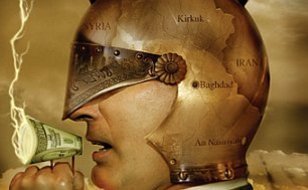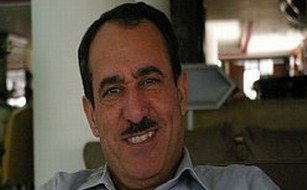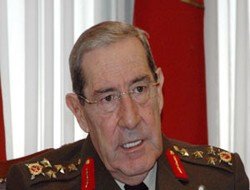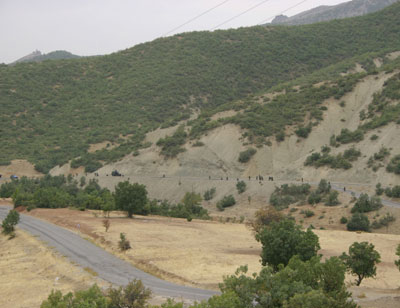War Mongering, Not Reporting

“Politicians rather than journalists”
"It is our duty to present true news, healthy analysis, and information and commnets which the people can evaluate. It is clear that [some journalists] have stopped being columnists and have become politicians. Without any concern for an analytical perspective, they have set to becoming the speakers of a political camp," he told bianet.
"You can see war agitation, indeed in some articles a war front, in the mainstream media."
“Violation of Article 216”
Baydar focuses particularly on the fact that some media institutions allow hate speech not only against the PKK, but against Kurds in general. This is particularly worrying as there have been reports of violence and discrimination against Kurds increasing radically across the country since the Daglica attacks, which took the lives of 12 Turkish soldiers.
Baydar interprets this stance as being incongruous with Article 216 of the new Turkish Penal Code, which punishes inciting the public to hatred and hostility against anyone due to "difference in social class, race, religion, religious sect, gender or regional origin" with up to three years imprisonment.
"This is clearly incitement to hatred and hostility of one part of society against another. To examine this is the duty of the prosecution. This is not censorship. If you did this in Germany or England, you would find yourself before court."
Giving the example of the court case against professors Baskin Oran and Ibrahim Kaboglu, Baydar says that the article has up to now been used "180 degrees away from its spirit", against writers and intellectuals.
“Cool-headed, neutral language”
He called on journalists to remember their responsibilities: "Whatever confirmed information comes into their hands, they must tell it to the people in the way it must be told." He called for a "cool-headed, neutral language."
Controversy over PKK photos
Baydar also points to the discrepancy among journalists regarding covering the soldiers kidnapped by the PKK:"One view is that they should not be published in order not to spread propaganda of a terrorist group, of armed radical groups. The other view is that the people have a right to be informed.
"In my opinion, the right to information is more important. But you do not necessarily have to publish the photos. You could describe in writing what is to be seen in the pictures. You could write the names of the soldiers and that they are alive and well..."
He pointed out that British newspapers published pictures of the British soldiers held by the Iranian forces, "because the soldiers' relatives, friends, and the public in general expected information." (TK/AG)
KURDISH QUESTION
PKK Ceasefire to be Terminated on 31 October?

KCK CASE
Court Dismissed Request for Defence in Kurdish

7th Istanbul Gathering for Freedom of Thought

CONSTITUTIONAL AMENDMENTS
58 Percent Said "Yes" to Constitutional Reform Package

Rights Organizations 3 Years ahead of Foreign Minister









